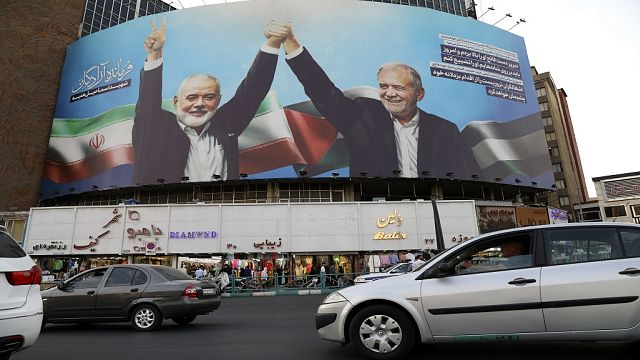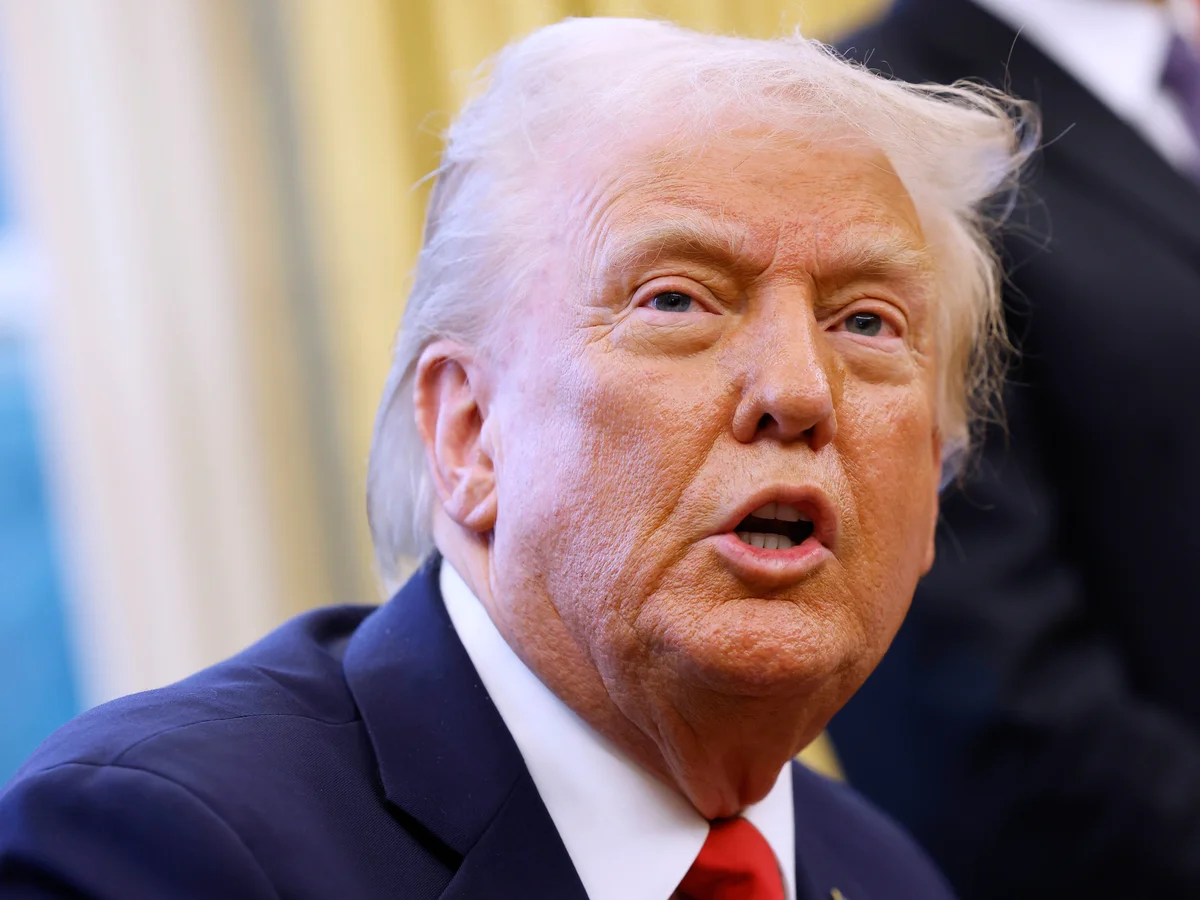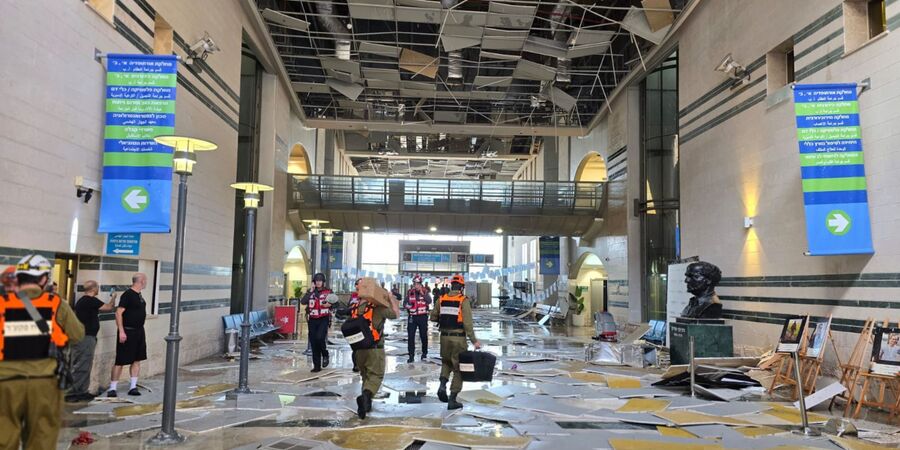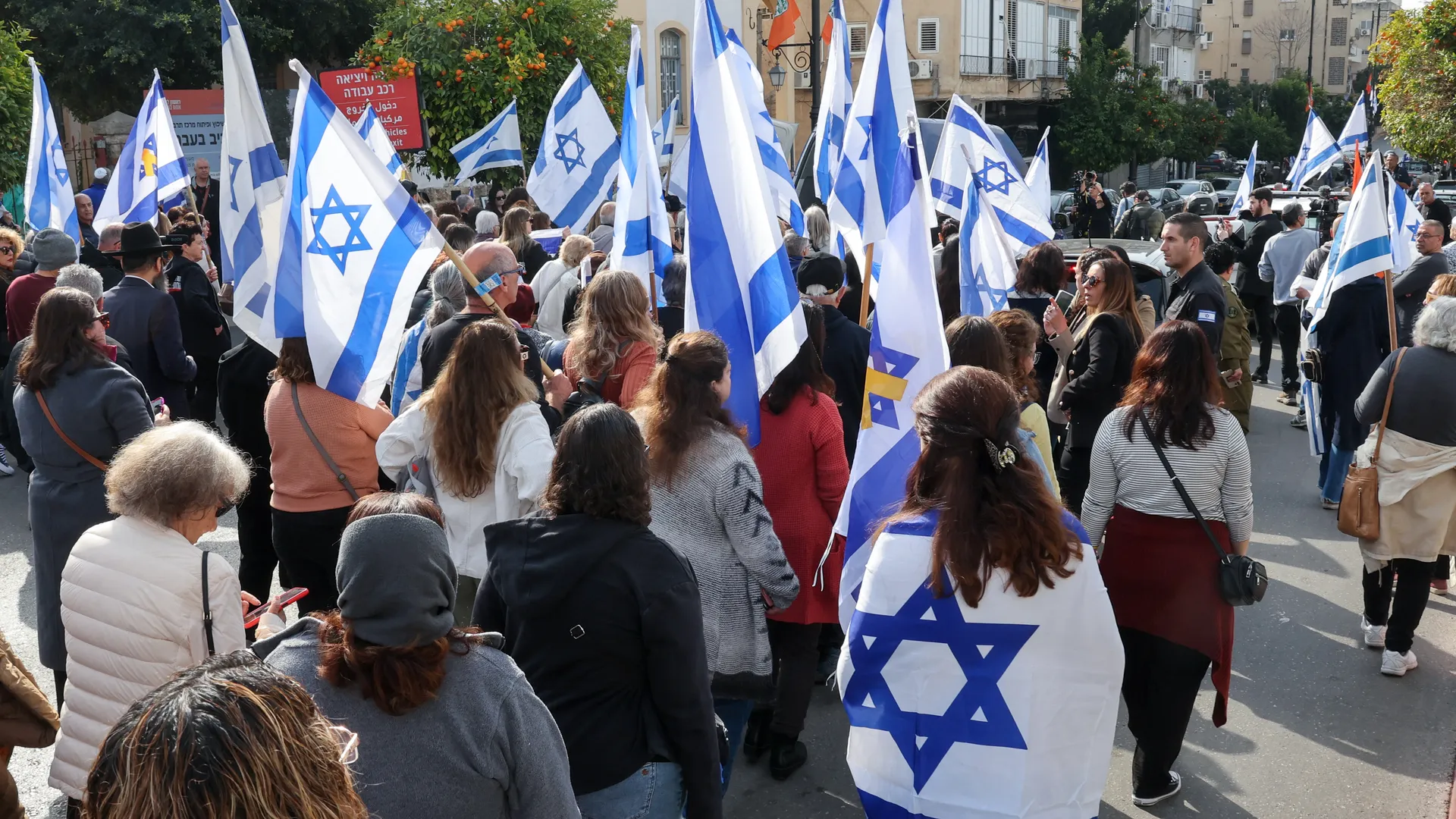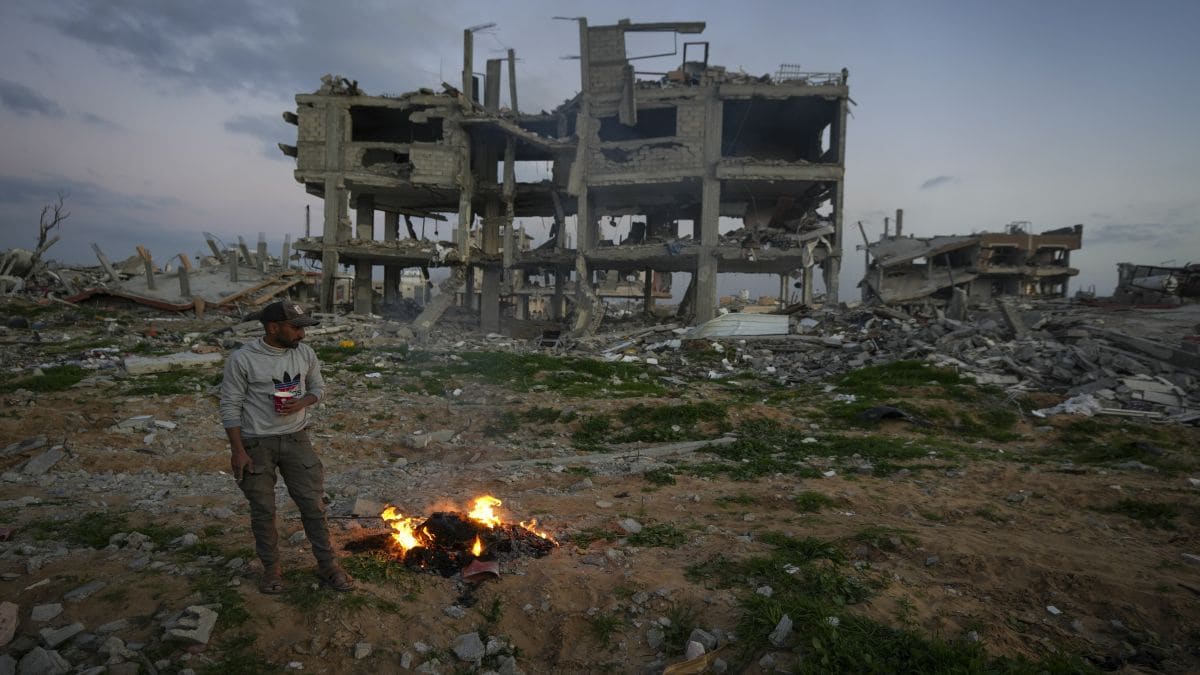Hamas leader Ismail Haniyeh, left, who was killed in an assassination last week, joining hands with Iranian President Masoud Pezeshkian, in Tehran, Iran, Monday, Aug. 5, 2024.
The Organization of Islamic Cooperation (OIC) convened an emergency meeting in Jeddah on Wednesday to address rising tensions and matters of regional sovereignty in the Middle East.
The Foreign Minister of Gambia, Mamadou Tangara whose country chairs OIC, highlighted the pressure that these incidents have caused in terms of international diplomacy. He said, “The aggression and violation of the sovereignty and territorial integrity of the Islamic Republic of Iran by the assassination of a political leader on its soil is an act that cannot be viewed in isolation.”
You may be interested
The OIC bloc describes itself as the collective voice of the Muslim world.
“This heinous act serves only to escalate the existing tensions, potentially leading to a wider conflict that could engulf the entire region,” Tangara warned.
Both Hamas and Iran blamed Israel for Haniyeh’s killing in Tehran last week, but the Israeli government has not confirmed or denied responsibility.
The Foreign Minister of The Gambia stated that the assassination of Sheikh Ismail Haniyeh will not silence the Palestinian cause.
Instead, it highlights the pressing need for justice and human rights for the Palestinian people.
He emphasized that such actions will not weaken, but will instead reinforce the determination of those pursuing peace and justice.
Host Saudi Arabia also said Haniyeh’s assassination was a “blatant violation” of Iran’s sovereignty.
Iran has declared its intention to take retaliatory action, warning of severe consequences for Israel.
In contrast, the United States and various Western countries are advocating for de-escalation.
Matthew Miller, the US State Department spokesperson, mentioned on Wednesday that several OIC members concur with Washington that further escalation would only intensify the existing crises in the region.

